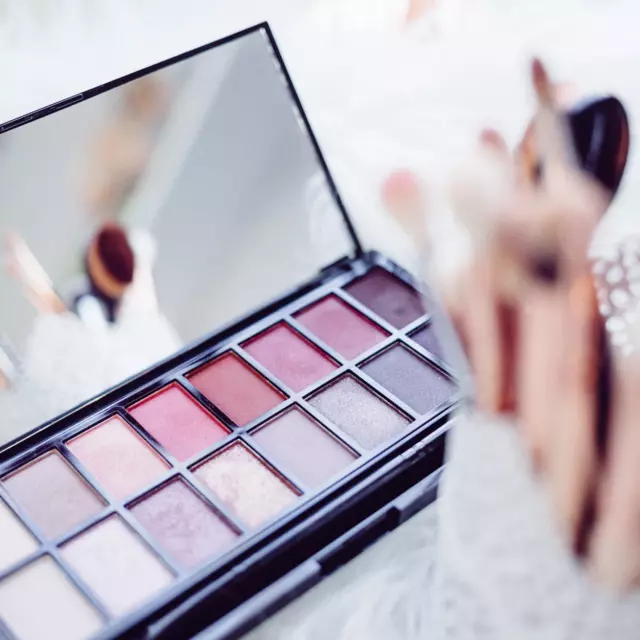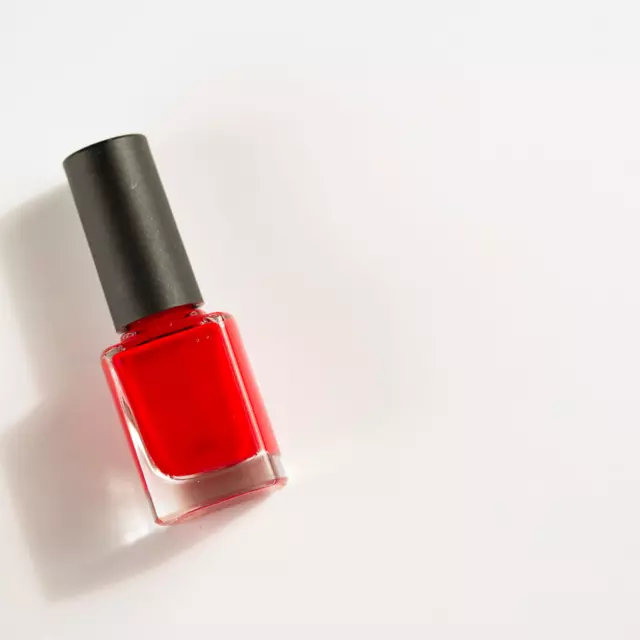User images




Upload your own images
Upload your own image of the product. Or why not the result of using it?Reviews & comments
Be the first to give your opinion on the product
NIOD 30 ml
This highly concentrated network complex combines a 30% concentration of highly-stable Ethylated L-Ascorbic Acid (Vitamin C) in an antioxidant network of Superoxide Dismutase, Selenium and Zinc to support a strong fight against oxidation while enhancing barrier function, balancing visible discolouration, reviving skin tone, and supporting collagen production and repair mechanisms. While the initial tone-enhancing benefits of ELAN will be noticeable from the third day of once-daily use, benefits at-large are continuing and cumulative.
The best property of any powerful antioxidant is also its worst property—it oxidizes. Basically, antioxidants bind to free “radicals” of oxygen so that your cell's don’t. The problem is that they may bind to oxygen in the bottle before you even buy any product claiming to contain antioxidants. And since Vitamin C has a very strong ability to bind to free radicals of oxygen, as soon as it’s dissolved in water, it starts to oxidize and change the colour of the solution (from clear to slight orange and later to dark orange).
When this change happens, two things occur:
1) the activity of Vitamin C becomes disabled and
2) far worse, the “antioxidant” formulation actually turns into a “pro-oxidant” formulation. Many clinical skincare brands have filed patents that claims to stabilize Vitamin C in water and many have fought amongst themselves on whether or not they have breached each other’s patents.
These patents and fights are simply meaningless because these respective formulations continue to show oxidation and change colour, while consumers believe that since there is a patent, this colour change might be OK. A patent grant does not verify that the function described actually works—a patent is not a validation of a discovery; it is simply an exclusivity to a position claim. Very simply, if a Vitamin C formula turns colour, the Vitamin C is oxidized and the formula becomes potentially damaging to the skin.
Other brands have gotten around the stability issue of Vitamin C by using “stabilized forms” of the substance. These forms take on names such as Ascorbyl Glucoside (usually used at 2%), Magnesium Ascorbyl Phosphate (MAP, usually used between 1%-15%), Sodium Ascorbyl Phosphate (similar to MAP) and Ascorbyl Palmitate (usually used at less than 0.2%).
There are two problems with this approach:
1) These forms still need to be converted to L-Ascorbic Acid—the pure form of Vitamin C useful to the skin—and this conversion, if it happens perfectly, represents as little as 2% of the actual material used—and
2) the maximum amounts of these materials that can be solubilized in a formula is between 0.5% and 15% depending on the material. These compounding problems suggest that a maximum of 0.3% of actual L-Ascorbic Acid would be available for use by the skin in a perfect formulation using these materials.
Use:
Apply ELAN to face at nighttime only, avoiding contact with eyes. If used as part of a NIOD regimen, apply after CAIS and MMHC but before Hydration Vaccine (HV). If used with other skincare, apply after serums but before heavier formulations. ELAN contains a novel pull-push ether for optimal penetration and, while it's oil-free, may feel slightly oily for about 1 minute after application. This feeling will disappear quickly as there is no oil in the formulation.
- Category:Serum